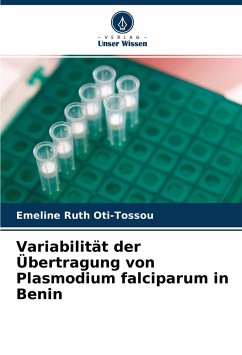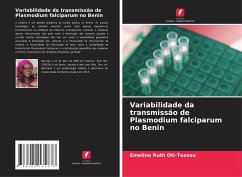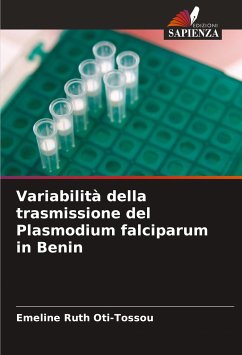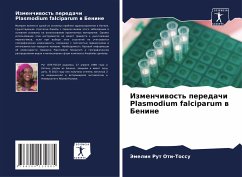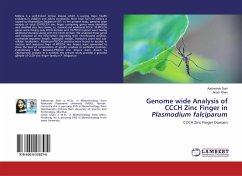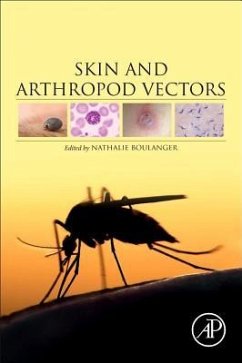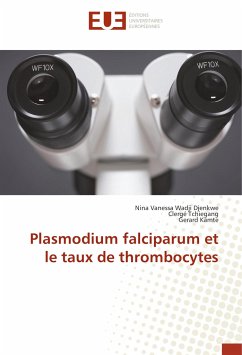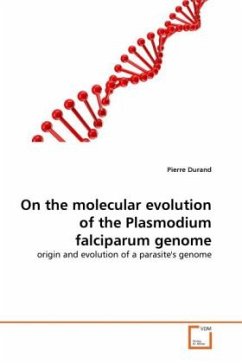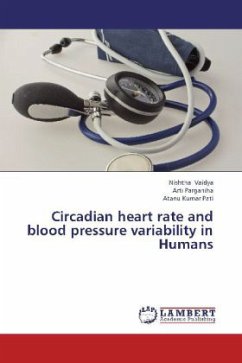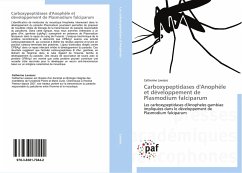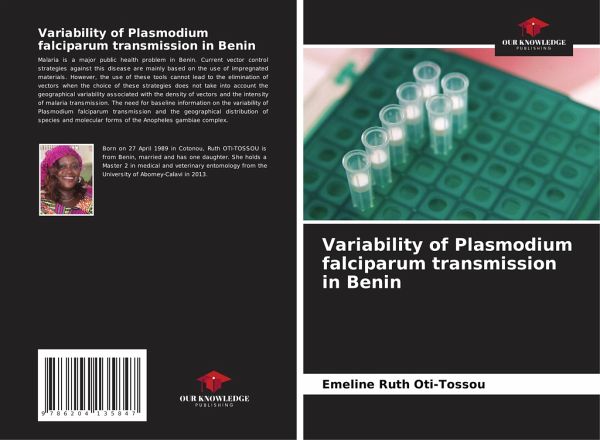
Variability of Plasmodium falciparum transmission in Benin
Versandkostenfrei!
Versandfertig in 6-10 Tagen
27,99 €
inkl. MwSt.

PAYBACK Punkte
14 °P sammeln!
Malaria is a major public health problem in Benin. Current vector control strategies against this disease are mainly based on the use of impregnated materials. However, the use of these tools cannot lead to the elimination of vectors when the choice of these strategies does not take into account the geographical variability associated with the density of vectors and the intensity of malaria transmission. The need for baseline information on the variability of Plasmodium falciparum transmission and the geographical distribution of species and molecular forms of the Anopheles gambiae complex.



